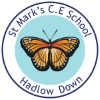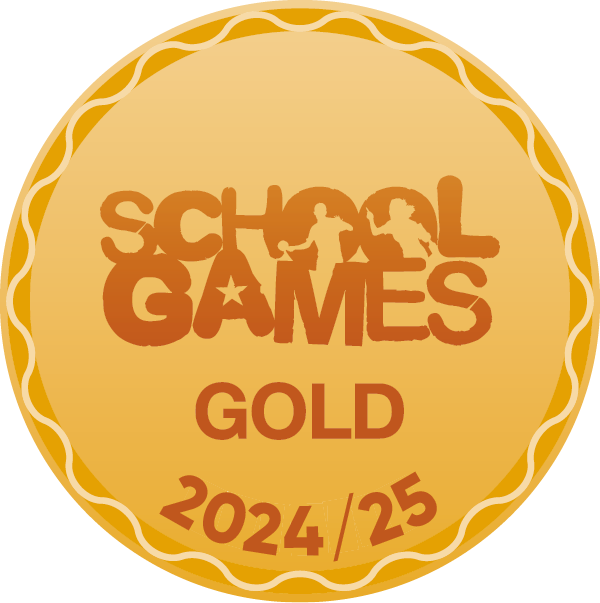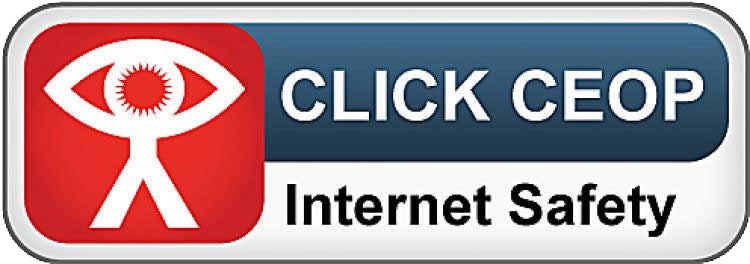DT
Curriculum Statement:
At St Mark’s, the teaching of Design and Technology is based on the aims and purposes outlined in the National Curriculum and has fidelity to the academic discipline of Design and Technology. This means that children will develop the following:
•the creative, technical and practical expertise needed to perform everyday tasks confidently and to participate successfully in an increasingly technological world. •a repertoire of knowledge, understanding and skills in order to design and make high-quality prototypes and products for a wide range of users. •the ability to test and evaluate their ideas and products and those of others. • the understanding and application of the principles of nutrition and learn how to cook.
The knowledge and skills in our curriculum at St Mark’s builds incrementally to ensure that new knowledge and skills build on what has been taught before: Early Years to Year so that by the end of Key Stage 2, children know, understand and apply the subject content specified in the Programme of study for Design and Technology. This enables our pupils to know more and remember more. End points and target points within objectives are identified for each year group through a whole school DT progression plan.
Intent:
To allow children to develop skills and understanding of techniques, and to put them into real life contexts.
Give children a strong understanding of the importance of following instructions to be safe.
For adults to make links when developing DT skills, to real life, and for children to understand the importance and relevance of these life skills.
For children to see the bigger picture that links DT to science, technology, food, engineering, architecture, maths through teachers exploring and exploiting cross curricular links where possible.
To support children to understand the uses and implications of design and food technology, today and in the future.
To nurture independence and encourage children to ask questions about the world they live in.
Implementation:
EYFS: In EYFS DT is embedded through continuous provision as well as taught lessons where pupils use and explore a variety of materials, tools and techniques, experimenting with form and function and joining techniques. All pupils are given the opportunity to share their creations, explaining the process they have used.
KS1 / KS2
Following the Kapow Curriculum teachers plan lessons which carefully plan for progression and depth
Teaching and learning is plan for practical opportunities
Children gain skills in safe use of tools though progressive planning of Forest school curriculum
Additional support in place for SEN and disadvantaged pupils to enable them to access the curriculum at the appropriate level.
Children have opportunities to reflect on previous learning, build on prior knowledge and link ideas together
Specialist vocabulary is taught and built upon, and effective questioning to communicate ideas is encouraged.
All pupils in Key Stage 1 and 2 participate in three units of DT throughout the year that develop their skills in researching, designing, making, evaluating and technical knowledge.
Impact
Children will develop skills with tools and have opportunities to put them in real life contexts
Children will be able to question ideas, draw on experience and reflect on knowledge.
Pupils will make links across various curriculum areas and use their knowledge and skills to enhance work in other areas and solve real life problems independently
Children will talk positively about their learning in DT.
Progression Documents

 St Mark's
St Mark's

